Cards In This Set
| Front | Back |
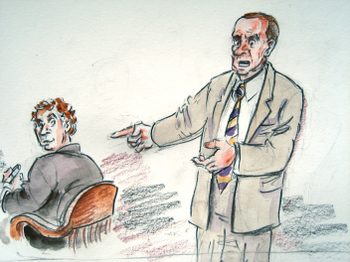 Prosecutor |
This
person represents the government is trying to prove that defendant is guilt.
|
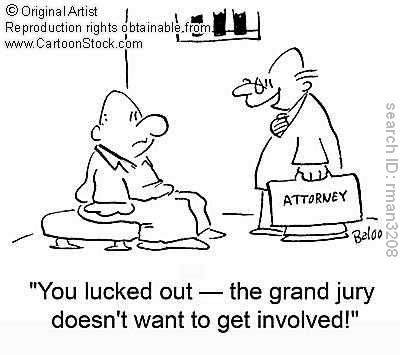 Grand jury |
They decide whether to indict (formally accuse) defendant of committing a crime
|
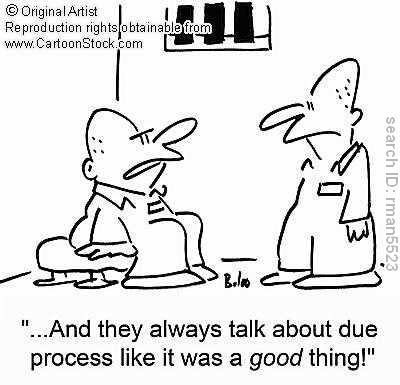 Due Process |
The
govt. must be fair to person accused of crime (specific Do’s &
Don’ts the govt. must & must not do to defendant)
|
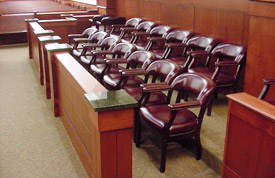 Petit Jury |
Group of people that decide if a defendant is guilty or innocent.
|
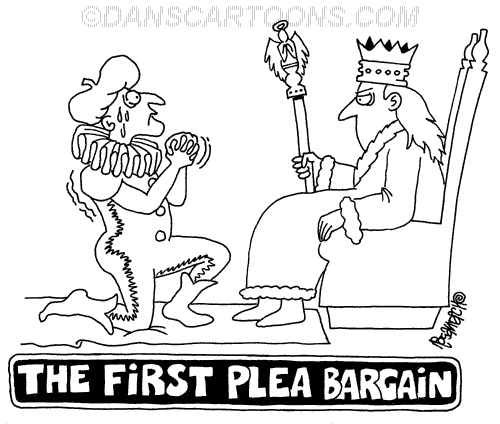 Plea bargain |
The
defendant and prosecution make a “deal” whereby the defendant is charged with a
less serious crime and receives a less severe punishment.
|
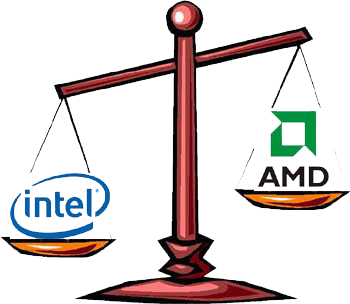 “preponderance of evidence” |
Jury decides which side has more convincing evidence--the burden of proof used in a civil law case.
|
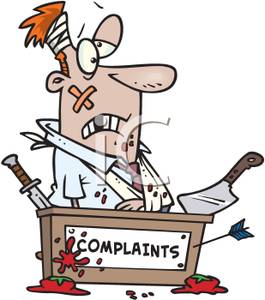 Plaintiff |
This
person is suing the defendant in hopes of receiving damages from the defendant.
|
 Tort |
Type of civil law involving a person committing a wrongful action.
|
 Contract law |
Type of civil law involving the breaking of a written agreement.
|
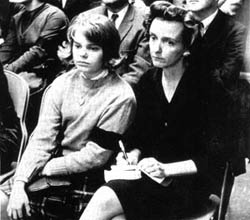 Tinker v. Des Moines |
This
Supreme Court case stated students have Constitutional rights in
school—specifically guaranteeing free speech (with some limits).
|
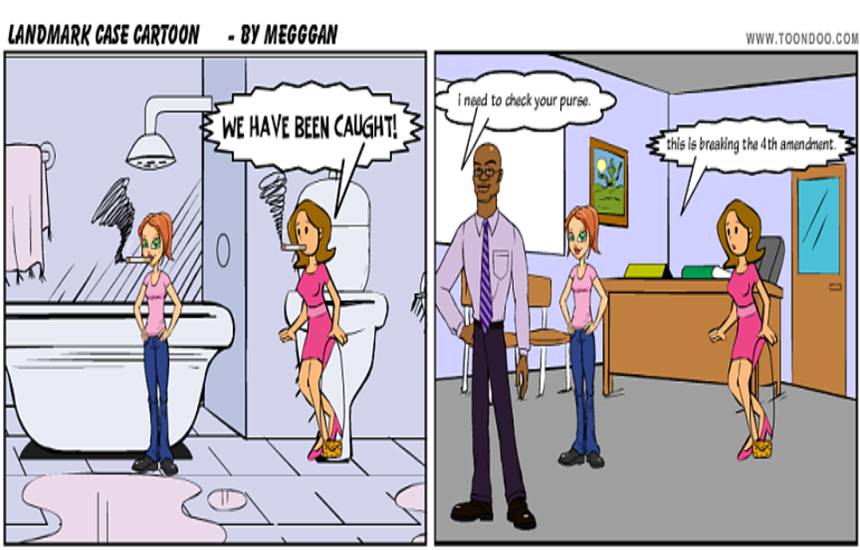 New Jersey v. TLO |
This Supreme Court case stated that a principal
can search a student’s property if the principal has reasonable suspicion.
|
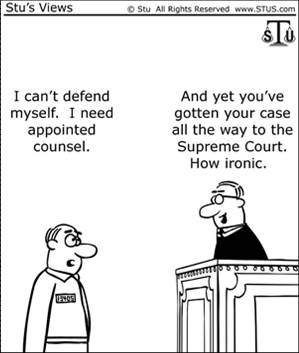 Gideon v. Wainwright |
This
court case guarantees that the government provides you a lawyer if you are
charged with a crime.
|
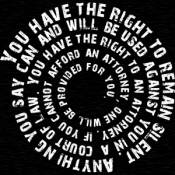 Miranda v. Arizona |
This
court case states that the government must read you your due process rights before any
police questioning.
|
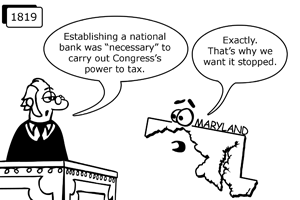 McCullough v. Maryland |
This Supreme Court case stated that the federal
government is supreme over the states when conflict arises.
|
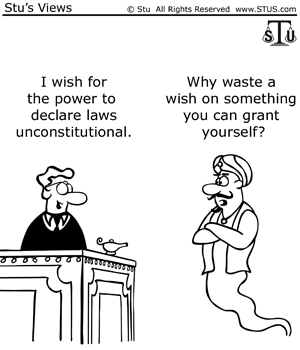 Marbury v. Madison |
This Supreme Court case stated that courts have
the power to use judicial review.
|



